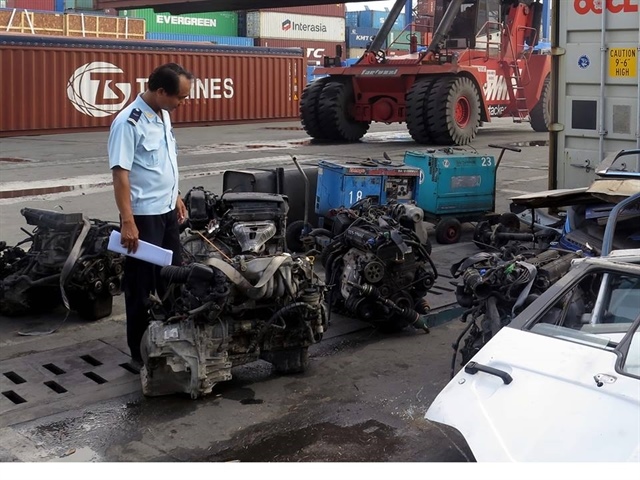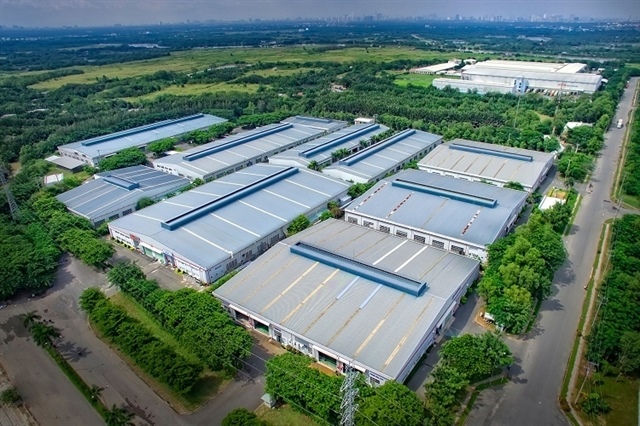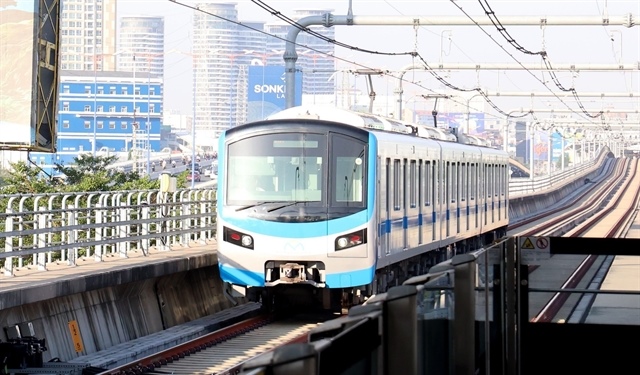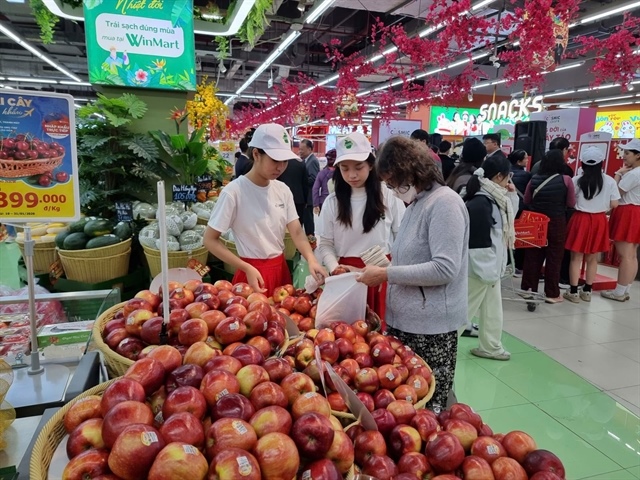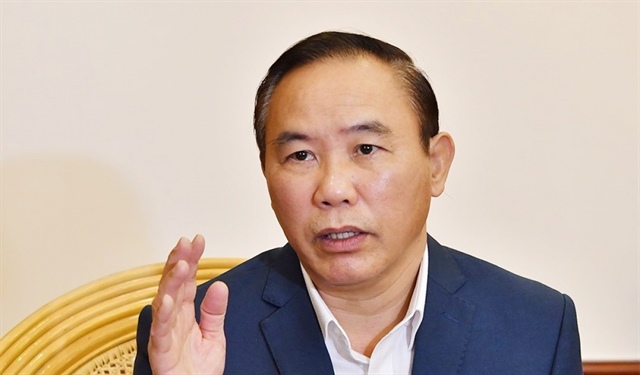VN textile, garment industry to join TPP
VN textile, garment industry to join TPP
Participation in the Trans-Pacific Partnership Agreement (TPP) would create favourable conditions to boost Viet Nam's textile and garment sector as the third key industry of the country.

Deputy general secretary of the Viet Nam Textile and Apparel Association (VITAS) Nguyen Van Tuan said at a workshop on the TPP and impacts on Viet Nam's textile and garment enterprise.
He warned that it's also a challenge for Vietnamese textile and garment businesses when the industry still faces a big deficiency in materials including cotton and cloth as well as technology.
"The industry uses 820,000 tonnes materials every year, which include 420,000 tonnes of cotton and 400,000 tonnes of fiber. However, we had to import 415,000 tonnes of cotton, 99 per cent of the total demand of the industry's production last year," Tuan said.
"A figure last year showed the garment industry used 6.8 billion metres of cloth, of which 88 per cent was imported.
Domestic cloth production only supplied 0.8 billion metres," he said.
Tuan pointed out that 70 per cent of the total exports were still made from Cut-Make-and-Trim (CMT) contracts.
"It's a weak point and disadvantage for Vietnamese businesses with TPP participation. However, local enterprises should make a big change to strengthen the competitiveness," he suggested.
Last year, 4,000 enterprises earned a combined revenue of US$20 billion, of which $17.2 billion came from exports, contributing 15 per cent to the country's Gross Domestic Product (GDP).
He also recommended that local enterprises invest in the cotton, spinning and weaving industries, shifting production modality from CMT to free-on-board (FOB) practice, as well as expanding cooperation with foreign partners.
Nguyen Duc Tri, general director of Hoa Tho textile and garment joint stock corporation, said a deficiency in raw material, design and technology has been a big problem for his enterprise.
"Although earning $100 million per year in exports, the company's production is still dependent on imported material. A small change in the price of material would lead to poor competition against rivals in the export market," Tri said at the seminar sideline.
"Participating TPP would be a big chance for us to restructure our production and make investment in advanced technology."
Vice chairman of VITAS Nguyen Dinh Truong emphad that TPP would help sustain the country's industry as one of the top-five exporters in the world.
"The industry has developed with an annual growth of 20 per cent over past two decades. From 200 textile companies with an export value of $1 billion in 1990, the industry has expanded to over 4,000 enterprises with 5.1 million spindles," he said, adding that it employs 2.5 million workers.
He stressed that VITAS conducted a big survey to evaluate the capacity of businesses before mapping out a master plan for the sustainable development of the industry.
VITAS' deputy general secretary Nguyen Van Tuan said the government should call for more direct investment from foreign textile manufacturers, while creating favourable conditions for the production of raw materials and core products.
"We have to identify key areas in fiber-weaving-dying to promote the value chain from thread, weaving and dying to sewing. Skilled labour force training centres will also play a key role for better competition of the industry," Tuan said.
"Among 250 industrial parks nationwide, only Nam Dinh, Hung Yen and Binh Thuan provinces reserve areas for developing the fiber-weaving-dying industry," he said.
"Our garments and textiles could not have big power if we do not produce materials ourselves," he concluded.
vietnamnews


